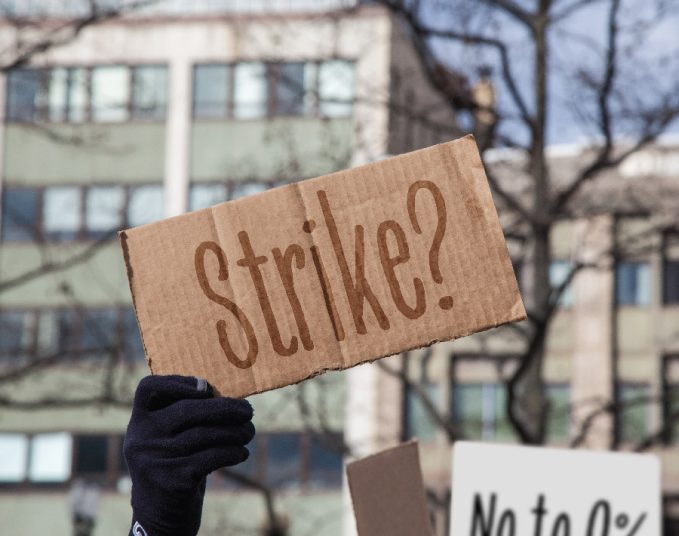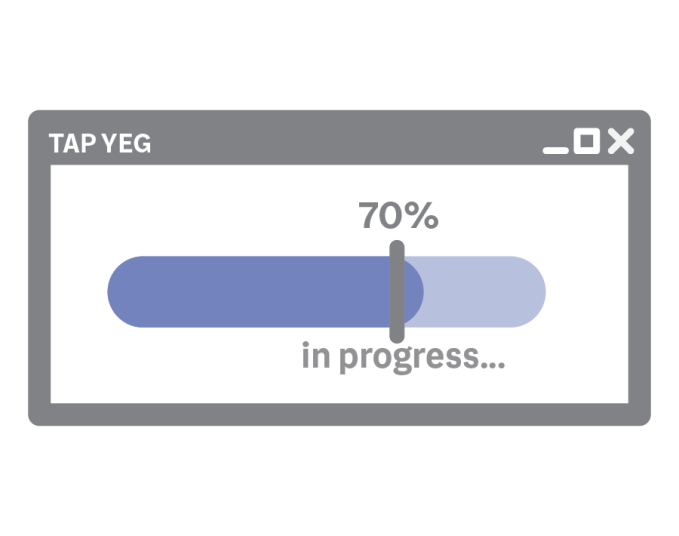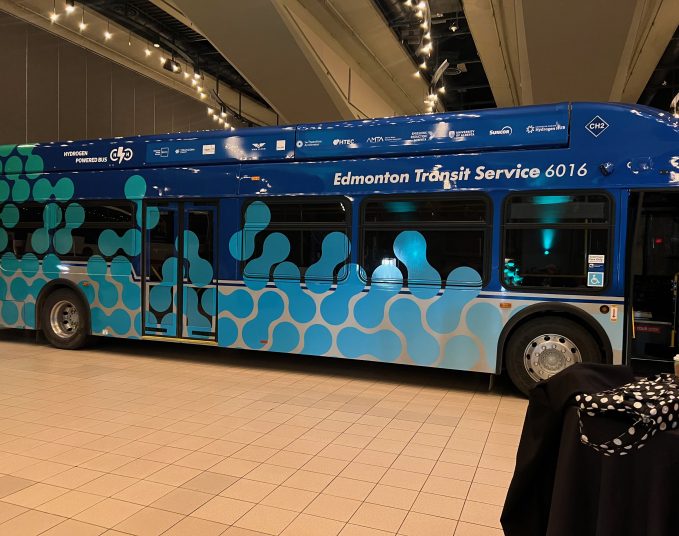You can’t always get what you want. Those iconic words, sung by the Rolling Stones all the way back in 1969, may be running through the minds of staff at the Edmonton Transit Service (ETS) after City Council rejected a request from the transit provider to OK funding for 40 new hydrogen buses.
Council rejected the initial request — which would have come with a price tag of around $64 million — during its fall budget update late last month, opting to provide ETS with an additional $15.8 million to buy 20 diesel buses, instead.
The decision, according to acting branch manager for fleet and facility services Arjan Sharma, was one borne out of the City’s mounting financial pressures.
“The decision to invest in these 20 diesel buses will support ridership growth in a way that aligns with current fiscal realities,” he said in a statement to Urban Affairs.
But not everyone on council agreed with spending even a fraction of the requested funding, including Coun. Karen Principe, one of just two councillors to vote against the motion.
“The amount of investment required for the purchase of diesel buses during a time of energy transition was, in my opinion, too much of a risk,” Principe said.
Given the City’s commitment to net zero emissions by 2040, being skittish about investing money in vehicles that could need to be replaced with greener alternatives in the not-too-distant future makes sense, especially when you consider the City’s experience with EV buses.
In 2020, Edmonton spent more than $1 million for each of the 60 EV buses it purchased and in the ensuing three years, more than half of that electric fleet has been knocked offline by frigid winter weather. The bankruptcy of those EV buses’ parent company, Proterra, has spelled trouble when it comes to repairs.
ETS tested a hydrogen bus on city streets last February, to prove its road-worthiness in harsh winter conditions, which has been problematic for electric vehicles.
With the City’s green fleet largely left sputtering, it’s safe to say that adding 20 more diesel engines (which are 15 to 33 per cent more emissions-heavy than hydrogen alternatives, according to the International Council of Clean Transportation) isn’t exactly climate-forward thinking. However, Sharma said he believes that the buy can still be part of a climate solution, even if it isn’t as robust as the initial ask might have offered.
“It’s an important step toward a modal shift,” he said. “Encouraging more people to use transit instead of personal vehicles.”
But there are other reasons why the ETS is pleased with the outcome. At present, the transit provider is facing a 260,000-service hour shortfall and the addition of these 20 buses will decrease that shortfall by about 50,000 hours come April 2025. While that’s a far cry from the 260,000 hours they need to make up, it’s better than nothing.
The only other dissenting voice, Coun. Jennifer Rice, voted against the motion based on feedback from constituents who she said want to see the City’s current fleet used more effectively before more vehicles are added.
“… people told me ‘No, we shouldn’t automatically add more buses, we should look at the current inventory … and make sure we are purchasing only something that’s really meeting the needs of our city,’” Rice said.
In Ward Ipiihkoohkanipiaohtsi, that means increasing transit service to southern neighbourhoods, particularly those south of the Henday.
“Rutherford, Allard, Cavanagh, Blackmud Creek, Blackburne — in those neighbourhoods some of the residents aren’t happy with the services.
“I’ve worked closely with the City to try to address those concerns but it’s not necessarily through buying additional buses, it’s the design of the bus network that may need adjustments.”
Savvy AF. Blunt AF. Edmonton AF.




